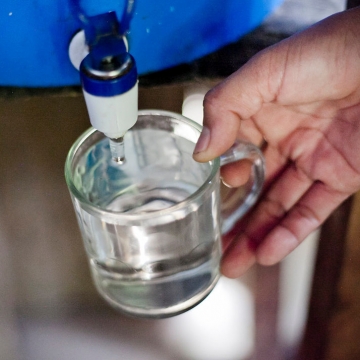Municipal water pricing and tariff design: a reform agenda for South Asia
The water tariffs currently in use in most cities in South Asia are not accomplishing their principal objectives. They are not generating sufficient revenues to ensure that utilities can recover their financial costs. They are not sending the correct economic signals to households, i.e., that water is scarce and must be treated as a valuable commodity. They are not helping the majority of the poor households, many of whom are not connected to the piped distribution system.
